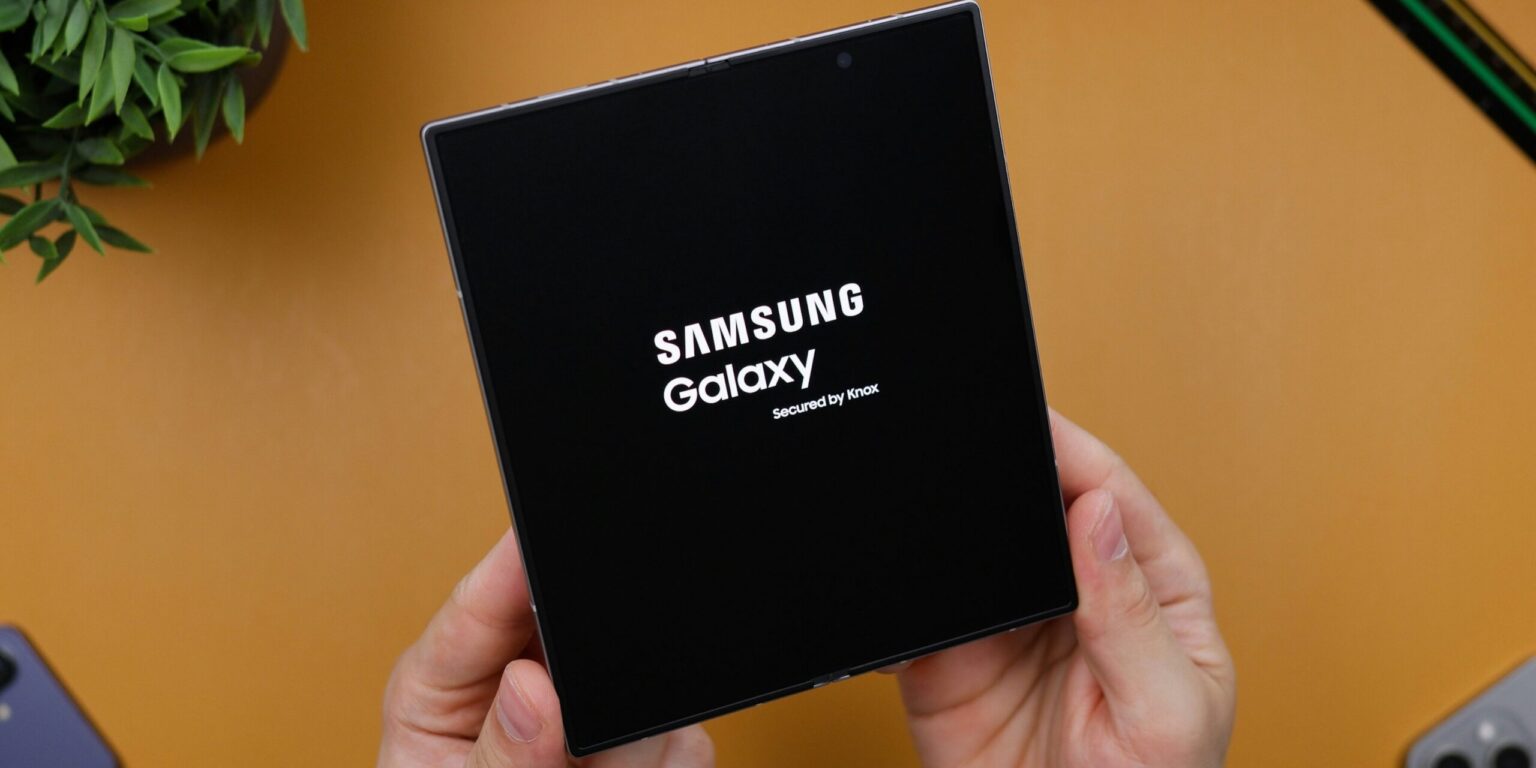Samsung Electronics is taking a bold leap into the future of mobile computing with the official rollout of its Galaxy AI interface, following the company’s flagship Unpacked event on July 9 in Brooklyn. The event introduced the Galaxy Z Fold 7 and Z Flip 7, showcasing not only hardware innovation but a sweeping upgrade to its software ecosystem: the AI-enhanced One UI 8 platform built on Android 16.
This latest interface embeds powerful artificial intelligence directly into the user experience, allowing Samsung’s devices to offer predictive, responsive, and highly personalized interactions. The Galaxy AI suite includes capabilities such as Live Translate for seamless real-time multilingual communication, Generative Edit for advanced image manipulation, and Note Assist, which helps summarize and organize text. Additional features like Browsing Assist and Instant Slow-mo bring new levels of functionality to everyday tasks like web reading and video editing.
Read Also: https://mensinsider.com/samsungs-galaxy-unpacked-event-a-peek-into-the-future-of-tech/
User response has been largely positive, with early reviews highlighting the AI’s unobtrusive integration and efficient processing. Many users have noted that features work natively without requiring cloud access, ensuring faster response times and better data privacy. The interface adapts to user behavior, suggesting apps based on context, optimizing battery usage, and even adjusting settings proactively during travel or work modes.
Samsung has also confirmed that the One UI 8 update will extend beyond the newly launched foldables. Over the coming weeks, a broader array of Galaxy smartphones—including older flagship and mid-range models—will receive the update, bringing these AI-powered features to a wider user base. This move underscores Samsung’s commitment to democratizing access to advanced mobile AI tools across price tiers.
At the developer level, Samsung has opened up Galaxy AI APIs for third-party integration, enabling app creators to build experiences leveraging Samsung’s language models, context engines, and media manipulation tools. This is expected to accelerate innovation across productivity, health monitoring, gaming, and smart home applications. Samsung has emphasized its intent to make the AI experience more intuitive and multimodal, seamlessly blending text, voice, camera, and gesture input.
The company also teased a forthcoming update later this summer that will add dynamic wallpapers, time-based UI changes, and improved accessibility tools—each driven by contextual AI. This is expected to deepen personalization while improving usability for users with varying needs and preferences.
As AI becomes an integral part of the mobile experience, Samsung’s rollout signals a major step toward a future where smartphones serve not only as tools but as intelligent companions. With Galaxy AI, Samsung aims to shift user expectations from manual input to proactive assistance—transforming how people interact with their devices.
